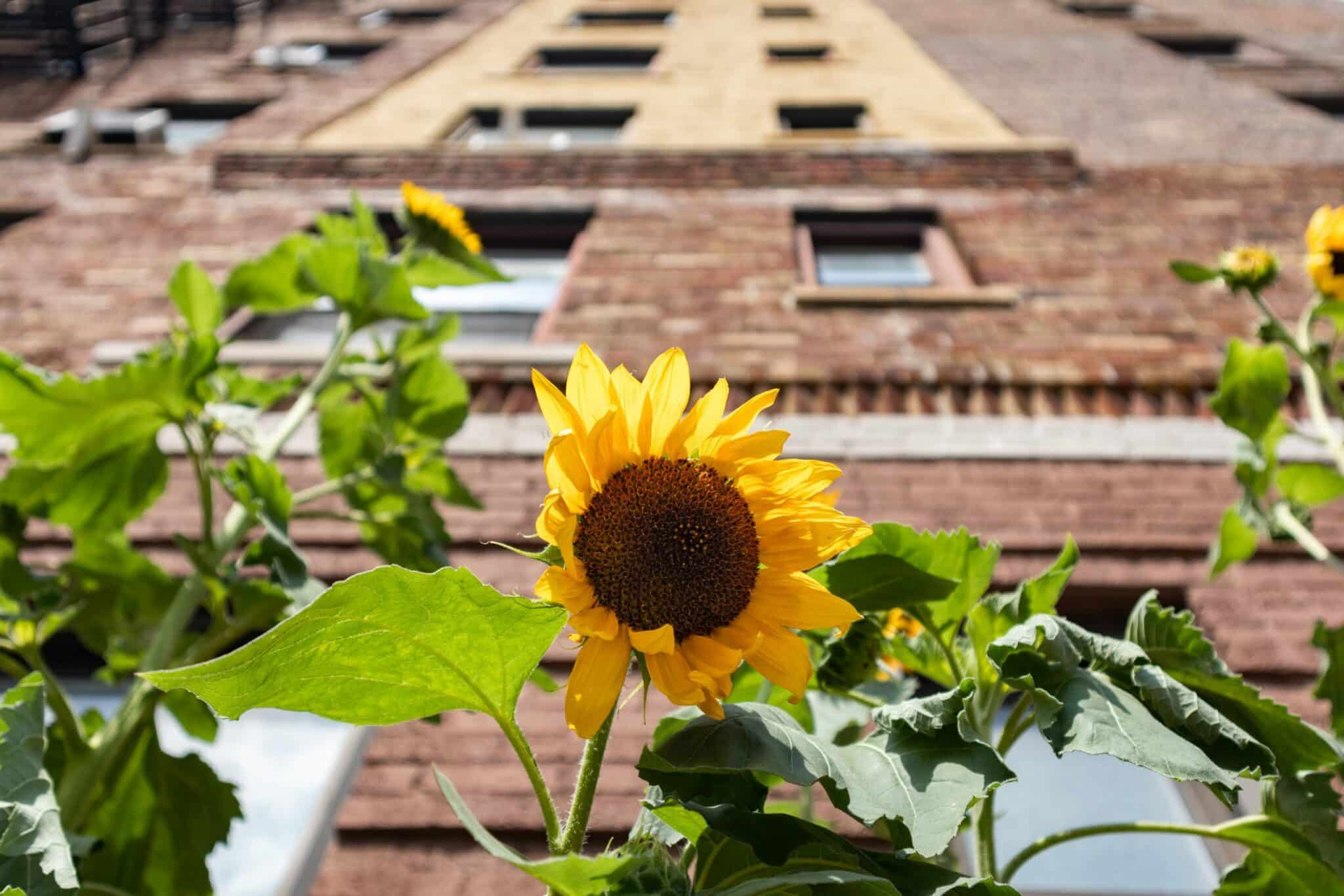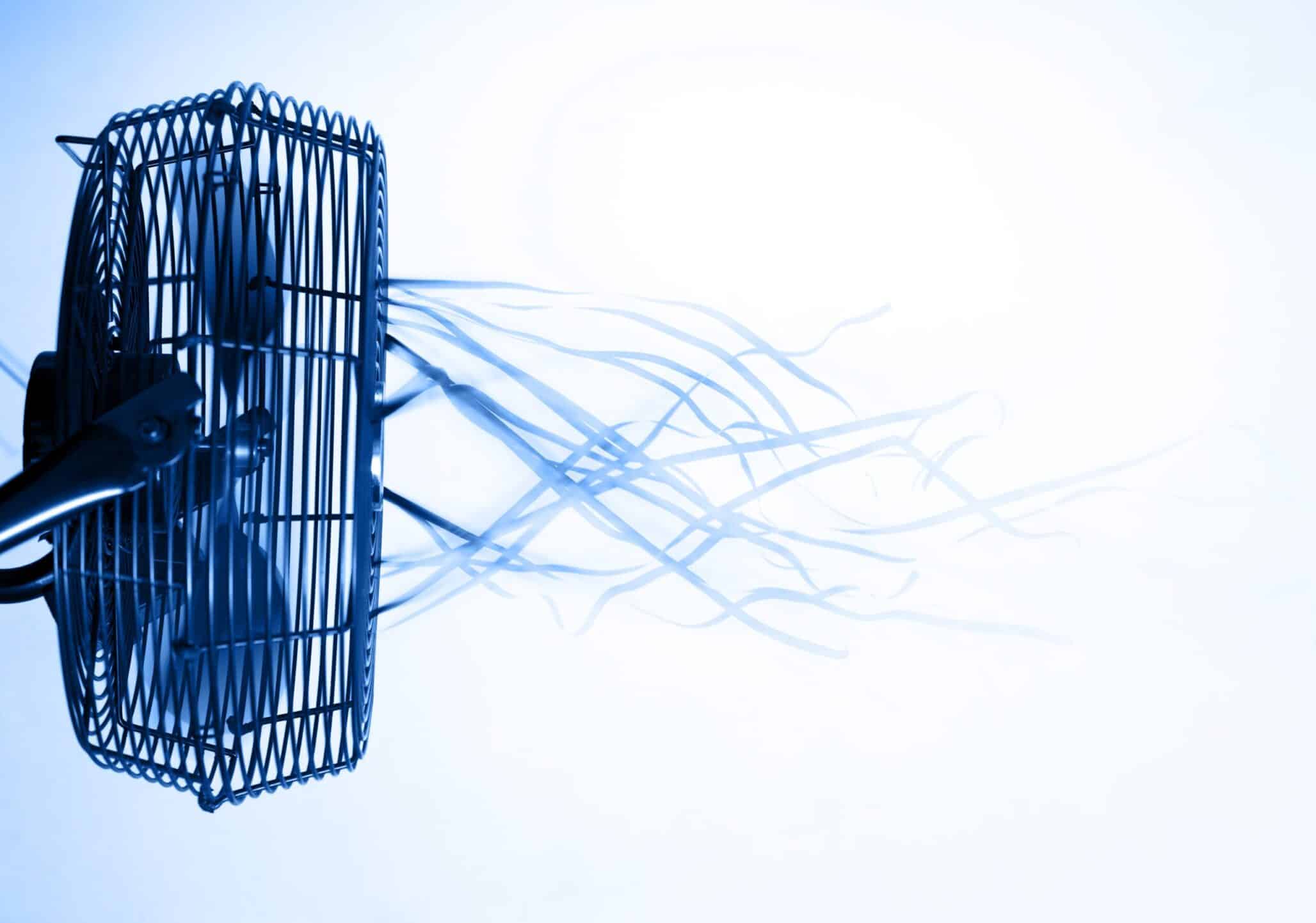Bus stops, sidewalks and other community spots often overlooked will now become areas of beauty thanks to the Seed Pile Project.
In its third year, the initiative asks community members in areas within California — from Sacramento and Yolo counties, all the way to the East Bay — to disperse native wildflower seeds in areas surrounding their home or place of work and monitor the growth, according to a release.
Seeds dispersed include California poppy, lupine, clarkia, baby blue eyes, sunflower and tarweed. Poppy, lupine, clarkia and baby blue eyes are early spring bloomers, while tarweed and sunflower bloom in late summer.
Haven Kiers of the University of California, Davis and Billy Krimmel of Miridae Living Labs launched the Seed Pile Project to uncover which plants have the most success in urban areas with no maintenance. The project works to highlight the essential role that native plants play in conservation and enhancing biodiversity, while simultaneously building habitats for insects, birds and additional wildlife.
Preliminary results from 2021 to 2022 found that the spots that saw the most success for the growth of flowers and plants were within cracks of asphalt or concrete, as well as along roadways. The least successful locations were areas near manicured lawns and routine maintenance gardens.
“Some of the best photos were of flowers growing up through garbage, where the maintenance people couldn’t get to it,” said Kiers. “That is heartwarming for us because that’s exactly what we’re trying to do, and we’re hoping to see more of that.”
Volunteer seed spreaders are encouraged to utilize CitiSci, a smartphone app that enables contributors to easily share observations and photos with researchers.
This year, organizers are emphasizing seed spreading close to transportation corridors like bike paths and bus stops. In collaboration with Solano County Transit, signs with a QR code will be installed, providing a direct way for people to learn about and sign up for the project. SolTrans bus drivers will supply seed packets for riders that sign up.
“With three packets and three different seed piles per participant this year, the odds of seeds germinating and ultimately flowering should increase,” said Kiers. In 2021, participants received only one packet.
Winters’ Hedgerow Farms and Tracy’s Pacific Coast seed — two local business — have donated 46 pounds of seeds for distribution in packets to participants.
The data collected will be shared with Neal Williams and Emily Meineke, UC Davis entomology professors. The pair will then analyze how specific urban conditions affect native bee species and additional pollinators.
“I’m very excited to monitor insects on the plants people seed in their spaces,” said Meineke. “There are still so many unanswered questions about how urban conditions affect plants and insects.”
While the overall goal of the project is to promote healthy ecological development in local neighborhoods, Kiers believes that one of the great bonuses is how the community can learn more about native plants and their benefits.
“Of course, we want the scientific information, but more than anything it’s the educational engagement. That’s what I’m more jazzed about than anything else,” concluded Kiers.
Related Articles:
UC Davis Releases Two New Strawberry Varieties
UC Davis to Lead New Artificial Intelligence Institute for Next-Generation Food Systems
UC Davis Seed Biotechnology Center Searches for Executive Director











